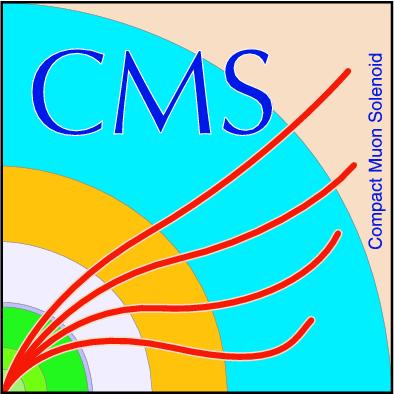
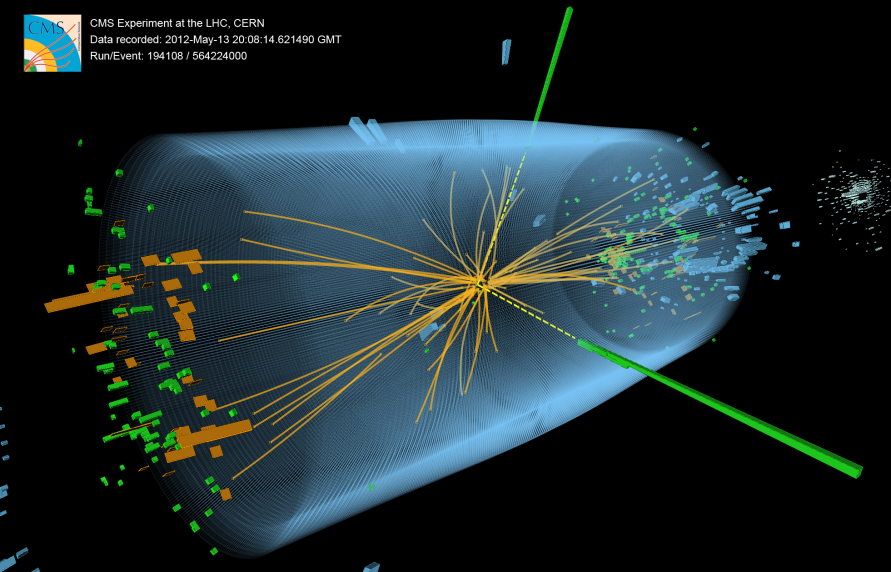
Compact Muon Solenoid
LHC, CERN
| CMS-PAS-HIN-18-005 | ||
| Nuclear modification of $\Upsilon$ states in pPb collisions at ${\sqrt {\smash [b]{s_{_{\mathrm {NN}}}}}} = $ 5.02 TeV | ||
| CMS Collaboration | ||
| November 2019 | ||
| Abstract: Production cross sections of $\Upsilon(\mathrm{1S})$, $\Upsilon(\mathrm{2S})$, and $\Upsilon(\mathrm{3S})$ states decaying into $\mu^{+}\mu^{-}$ in proton-lead (pPb) collisions are reported using data collected by the CMS experiment at ${\sqrt {\smash [b]{s_{_{\mathrm {NN}}}}}}= $ 5.02 TeV. Nuclear modification factors $R_\mathrm{pPb}$ for all three $\Upsilon$ states are obtained using measured proton-proton (pp) cross sections at the same collision energy. All $\Upsilon$ states are found to be suppressed in pPb collisions compared to pp collisions. The $\Upsilon$ $R_\mathrm{pPb}$ show a sequential ordering, with $\Upsilon(\mathrm{1S})$ least suppressed and $\Upsilon(\mathrm{3S})$ most suppressed, indicating presence of final-state modification of $\Upsilon$ states in pPb collisions. When presented as a function of transverse momentum $p_\mathrm{T}$ and center-of-mass rapidity $y_\mathrm{CM}$, the $R_\mathrm{pPb}$ of individual $\Upsilon$ states are found to be consistent with constant values; although there is slight indication of higher separation of the suppression level of excited states for low-$p_\mathrm{T}$ $\Upsilon$ in the lead-going direction, where more nuclear matter is present. The final-state comover interaction model, which predicts sequential suppression of bottomonia in pPb, is found to be in better agreement with $R_\mathrm{pPb}$ versus $y_\mathrm{CM}$ than initial-state models. The nuclear modification observed in pPb collisions is less pronounced than the strong modification observed in lead-lead collisions, suggesting presence of additional quark gluon plasma effects in the latter. Forward-backward production ratios $R_\mathrm{FB}$ of $\Upsilon$ states are reported as functions of event activity variables, obtained from midrapidity as well as forward and backward rapidity regions. The $R_\mathrm{FB}$ for all $\Upsilon$ states are found to be consistent with unity and constant with increasing event activity, irrespective of the rapidity region used to measure activity. | ||
|
Links:
CDS record (PDF) ;
inSPIRE record ;
CADI line (restricted) ;
These preliminary results are superseded in this paper, Submitted to PLB. The superseded preliminary plots can be found here. |
||

|
Compact Muon Solenoid LHC, CERN |
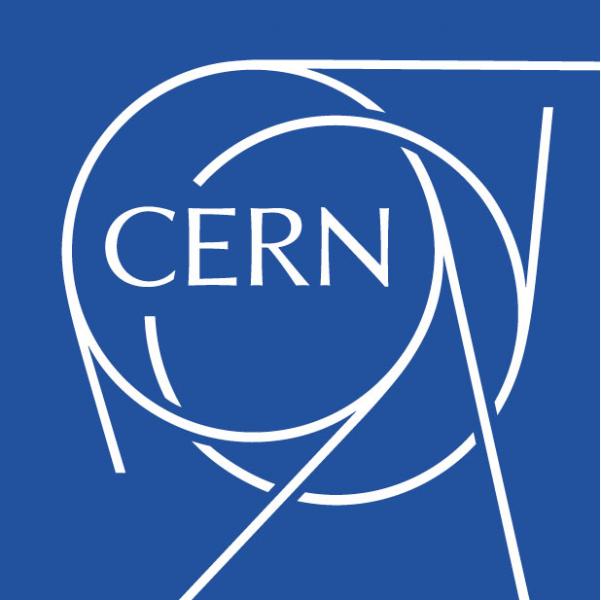
|
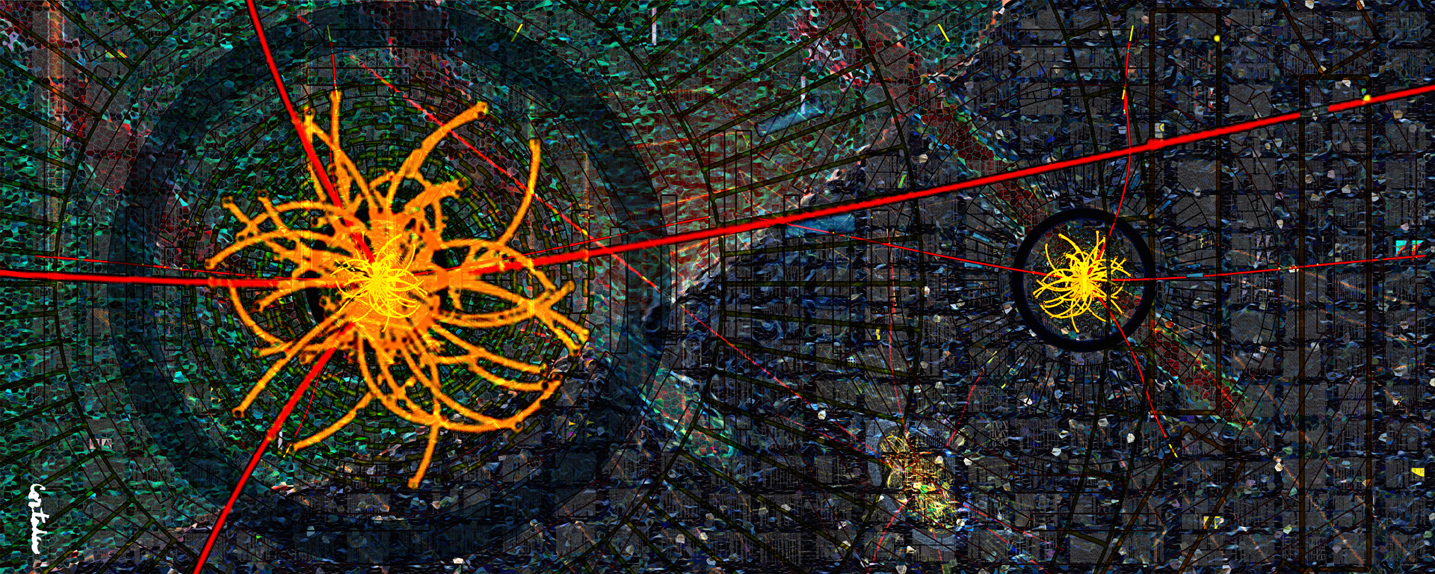
|
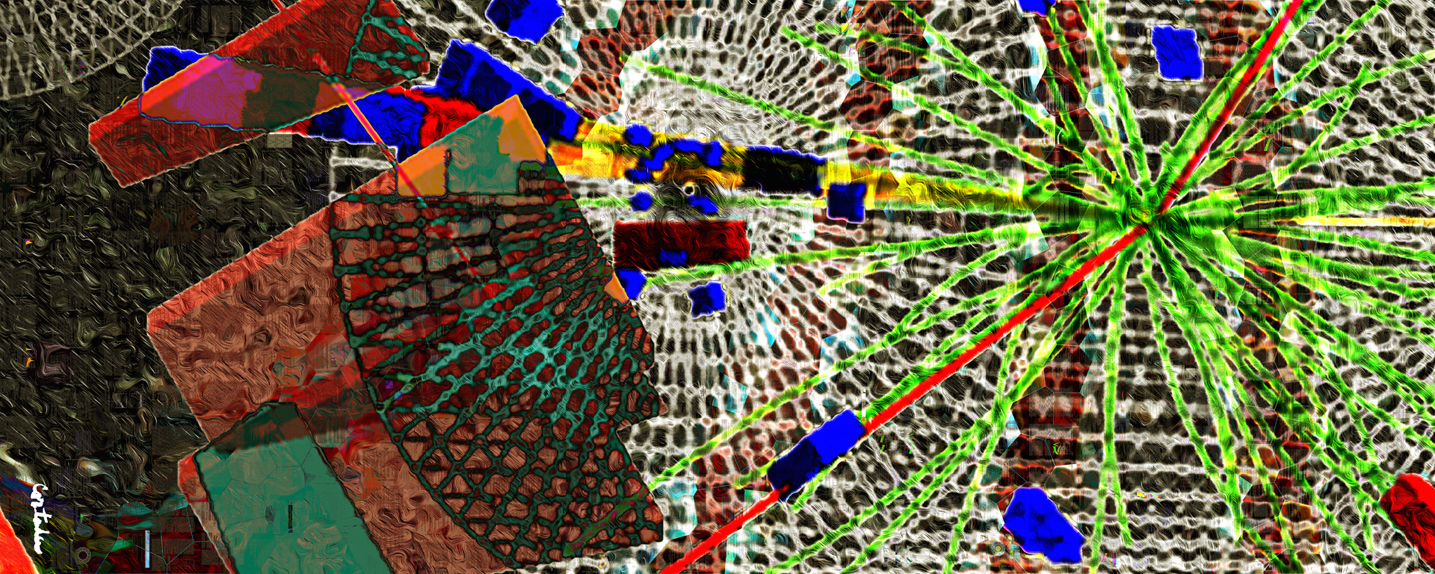
|
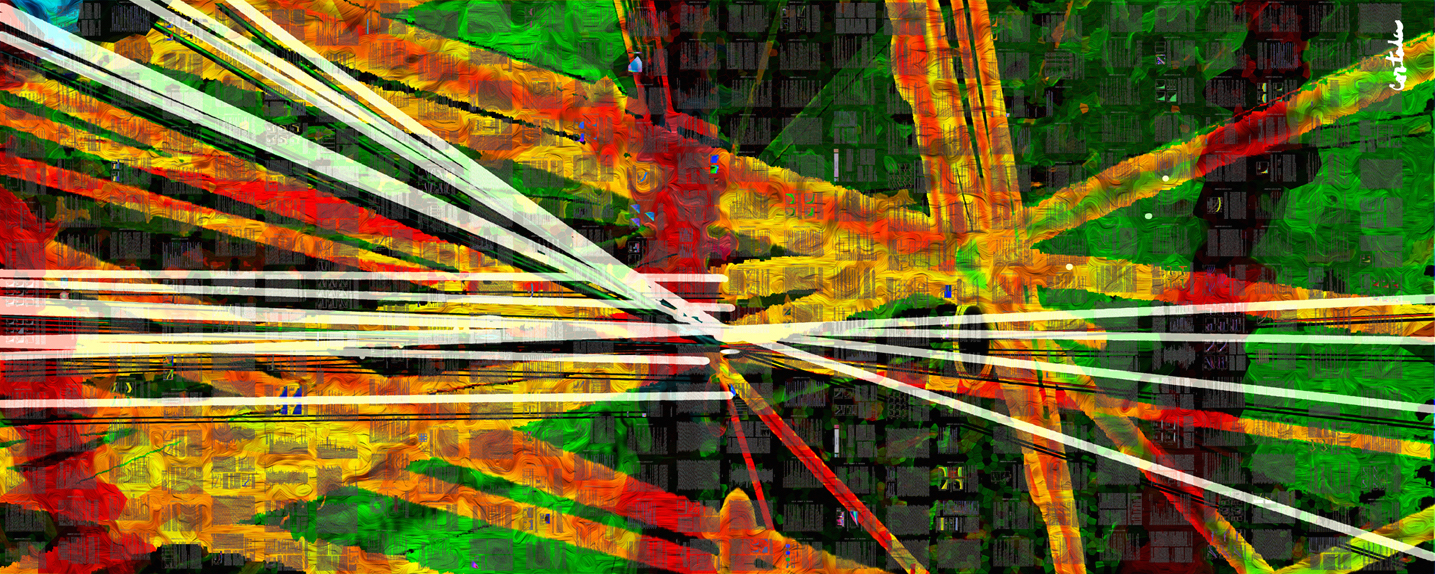
|
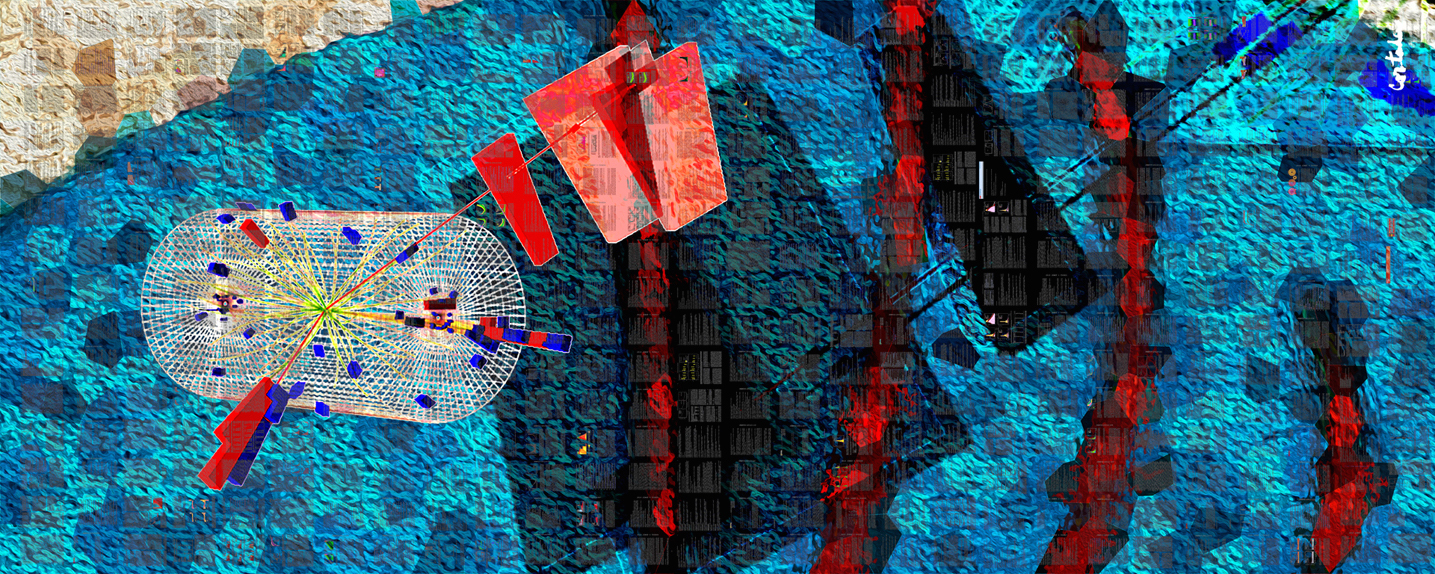
|
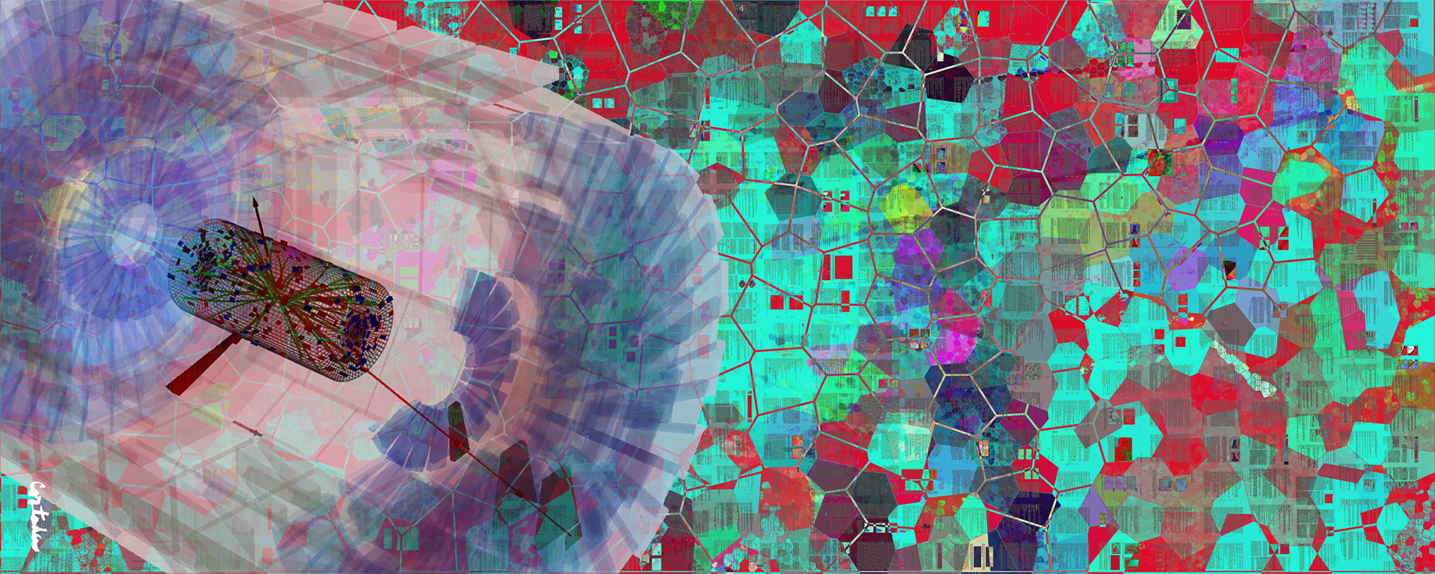
|